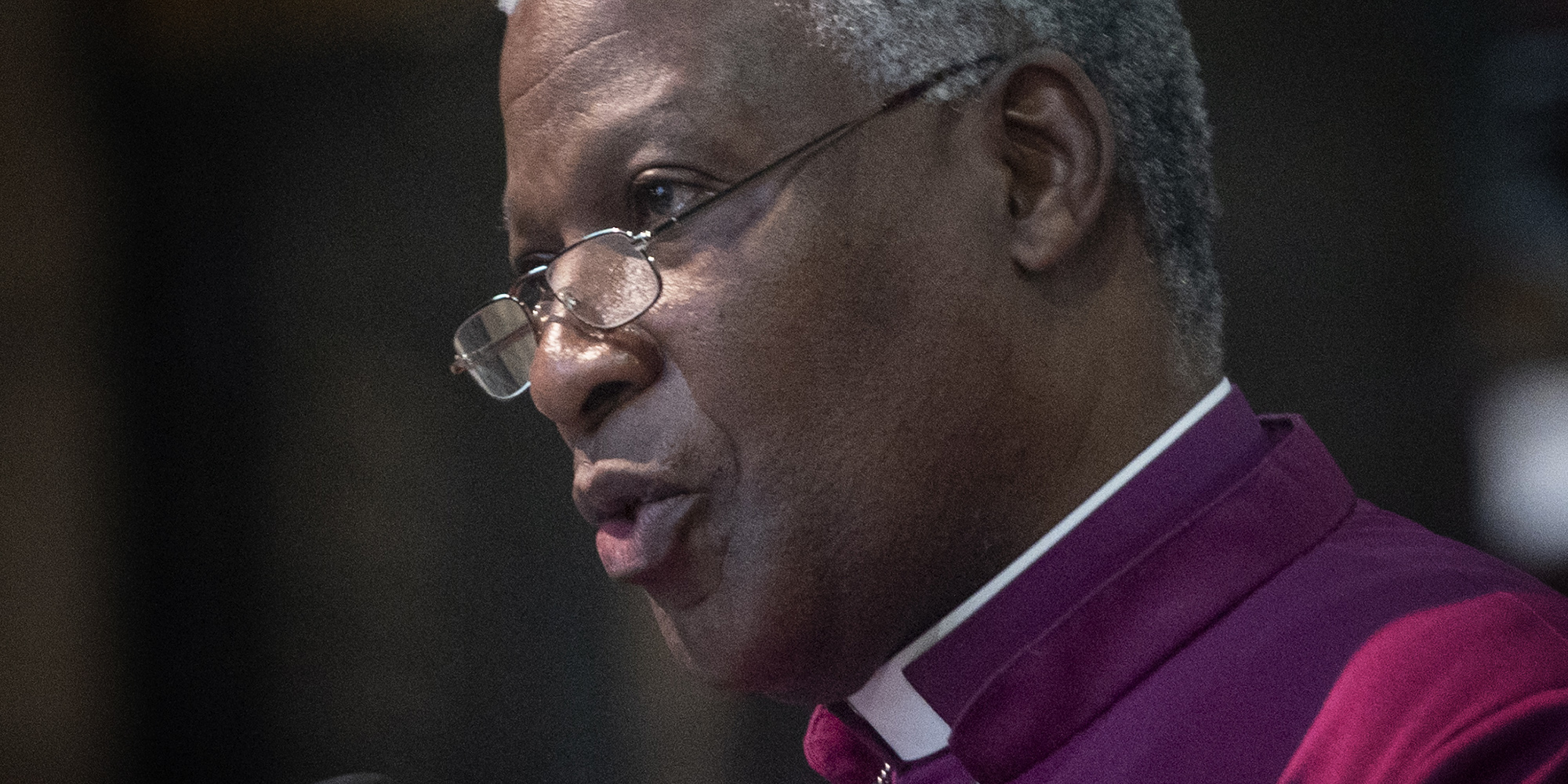The spiritual leader of Anglicans in South Africa, Archbishop Thabo Makgoba, has announced an inquiry into whether the church fulfilled its responsibility to protect its members from abuse.
This comes in the wake of the resignation of the Church of England’s 105th Archbishop of Canterbury, Justin Welby, after an investigation found he had failed to inform the police about widespread and prolonged physical and sexual abuse by John Smyth, a Canadian-born barrister who abused at least 115 children and young men before his death.
Smyth, who ran Christian summer camps in the UK in the 1970s and 1980s, committed physical, psychological and sexual abuse.
He moved to Zimbabwe in 1984, two years after the first allegations were made, and established similar evangelical camps there. In 1997, he was arrested after the death of a 16-year-old boy at one of the camps. The case was dropped before going to trial and he then relocated to South Africa, according to Sky News.
Smyth died in Cape Town in 2018 at the age of 75.
Smyth allowed to attend CT church
On Sunday, Makgoba said the Anglican Church had received a warning in 2013 from a bishop in the Church of England about the abuses Smyth committed before he came to South Africa. He was allowed to attend church services in Cape Town on condition that he did not make contact with young people.
“It was established that he had worshipped in one of our parishes for a year or two about eight years earlier. There was no evidence that he had abused or tried to groom anyone. In 2020, I learned that during the last months of his life, when the diocese knew of his history, he had been allowed to attend services in the same parish on condition he was not to get involved in any ministry or contact any young person,” said Makgoba.
Makgoba, who welcomed Welby’s resignation, which he hailed as taking accountability, was criticised by the Rev Zweledinga Mpunzi of Kwa Jongintaba in Stutterheim.
Read more: Church abuse: Makgoba’s statement on coverup draws fire from within
Mpunzi said Makgoba’s remarks left him with the impression that he had put a lid on the matter without even looking into it and that he had not offered the church as a sanctuary for any of the possible victims.
Speaking out on the matter during a sermon, Makgoba said: “In the light of the scandalous abuse in England and Zimbabwe that has forced the Archbishop of Canterbury to resign, we have to ask, as Anglicans in South Africa, whether we have neglected the weightier matters of the law: justice and mercy and faith.
“The details of the abuse perpetrated by John Smyth, in the 1980s and 1990s are enough to make you sick. Archbishop Desmond Tutu used to say that no one is beyond the love of God, that no one is irredeemably evil, but I have to say that Smyth’s vicious and foul abuse of young men tests that belief.
“In the church, we often accompany people at the most critical points in their lives: at the celebration of new life at baptism, celebrating their marriages, at times of work and personal crisis, and when their loved ones die. We also minister to young people at a formative time of their lives, often to teens and pre-teens from unstable or unhappy homes.
“For someone in the church, which is meant to be a safe and nurturing space, to prey on God’s children when they are at their most vulnerable is not only wrong, it is not only criminal, which it often is, it is evil beyond description. It makes me want to weep.”
Credibility crisis
Because there was no evidence that Smyth had abused anyone during the time he attended the Cape Town church, Makgoba said they could not take action under church law.
The church was also unaware of any crimes he had committed while in South Africa. Despite this, Makgoba said the leadership of the church was accountable to the congregants and society, to make sure all their churches were safe places for worship and ministry.
“Consequently, I am consulting the Safe and Inclusive Church Commission, which pursues abuse cases vigorously, as well as our chancellors and registrars, who give us legal advice, to work out the terms of reference of a review of whether the diocese, and I personally, met our obligation to keep you safe, and what we could have done better,” said Makgoba.
He said the commission had since republished its contact details on the church’s website and Facebook page in a bid to encourage anyone who knew of abuse to report it to them.
The leadership of the church said it was not oblivious to the fact that its handling of the warning in 2013, and of other abuse cases going back decades, raised a serious trust issue.
“And as I said when we were fighting government corruption 10 years ago, low levels of trust have a high cost.
“In the case of abuse in the church, the cost to us lies in terms of those who will lose their faith and wander away, as well as society’s loss of trust in our integrity when we claim to work for the flourishing of all human beings. We cannot credibly challenge our government without ourselves living up to the standards of morality we expect from them,” said Makgoba.
“The allegations and handling of the 2013 incident have created a credibility crisis for the church.
“Tough as this process will be, we must seize the opportunity to identify what we need to change and then to look forward and work for a new vision for tomorrow.” DM





